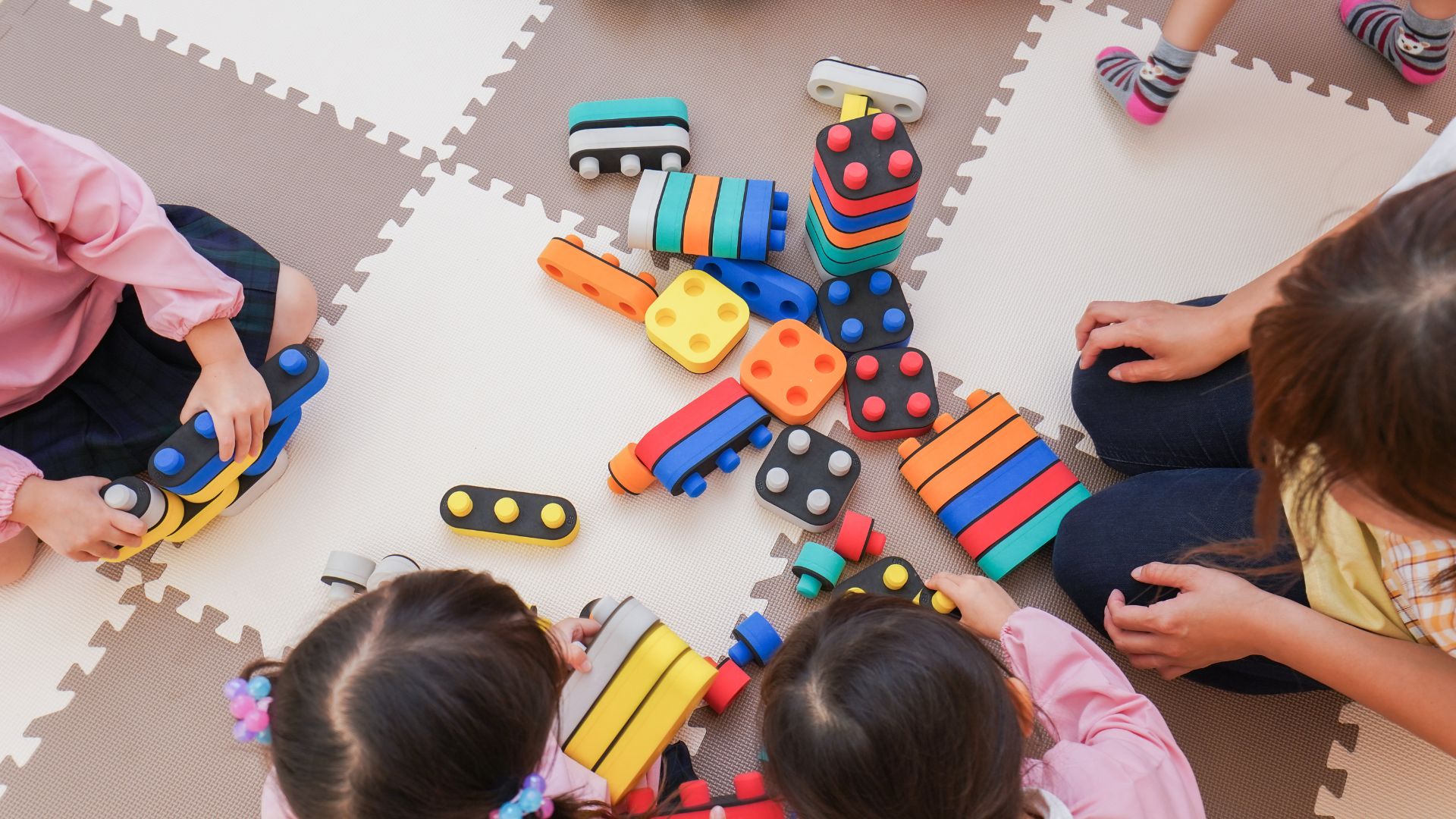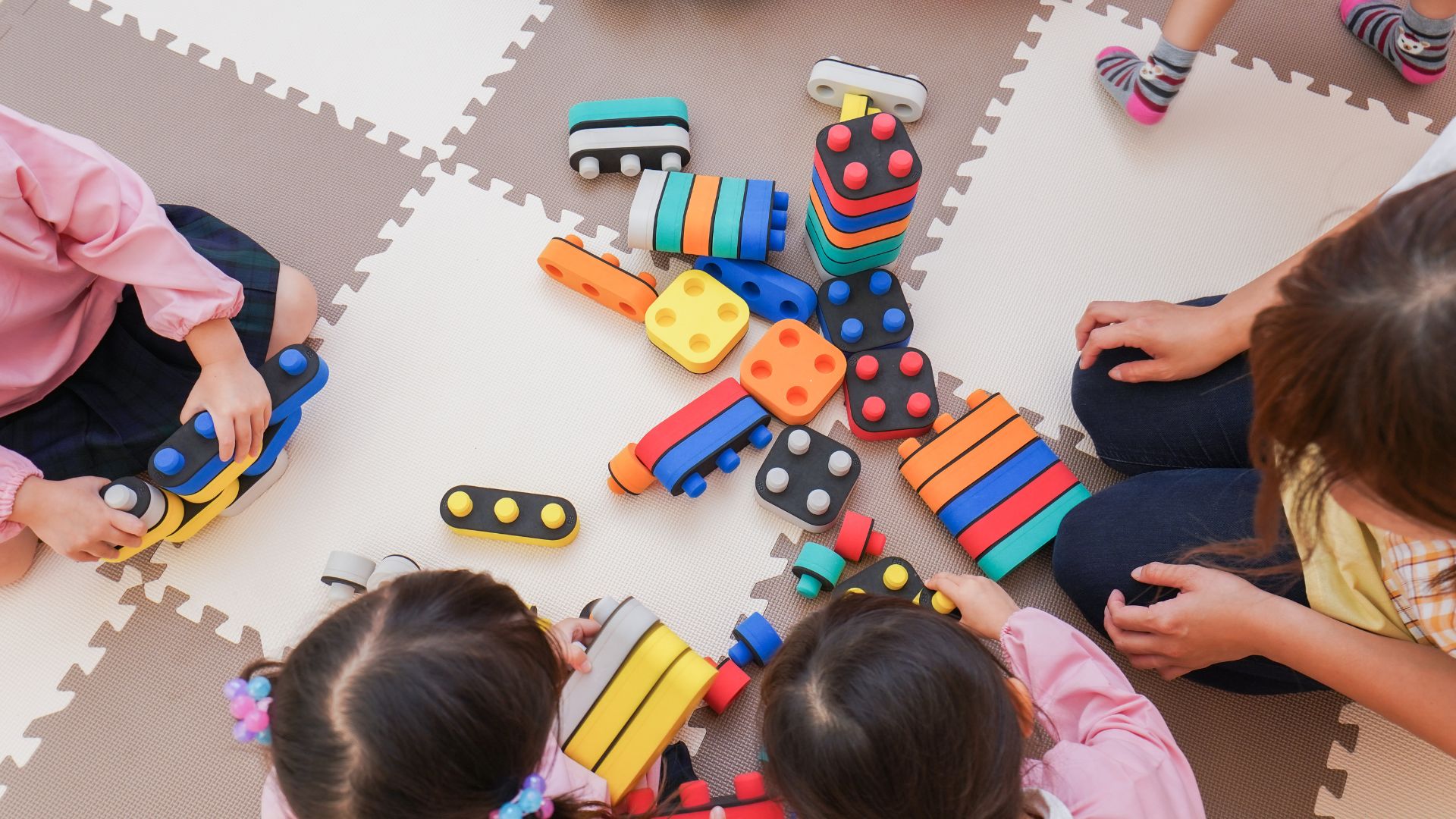Play Invitations
Play invitations are thoughtfully arranged environments or setups that entice children to engage in play. Unlike structured playdates or organized activities, play invitations are open-ended and allow children to explore, imagine,[…]

Family Bonding Through Screen-Free Activities
As children spend most of their time staring at screens or at least playing games that are somehow related to the screens, establishing screen-free activities is a way of benefiting families[…]

Perplexing outdoor exploration tips for parents
Encouraging outdoor exploration in children is an investment in their physical, mental, and emotional well-being.

Embracing Parallel Play: The Importance of Side-by-SideExploration
Parallel play, where children engage in activities alongside each other without direct interaction, serves as a stepping stone for social development.

Understanding Risky Play: The Benefits and Safety Concerns
As children experience a sense of thrill and uncertainty, risky play (with safety measures) is increasingly recognized to be beneficial for their development. This type of play includes elements such[…]

The Importance of Play: How Kids Learn by Having Fun
Play is one of the most crucial aspects of a child’s life. It goes beyond mere fun and games—it significantly impacts their cognitive, physical, social, and emotional development. As parents, understanding[…]

Unleashing Creativity: Exploring the Reggio Emilia Approach to Early Childhood Education
The Reggio Emilia approach, originating in the Italian town of Reggio Emilia, celebrates the innate curiosity and creativity of children. Rooted in the belief that children are capable and competent learners,[…]

The Power of Solitary Play: Nurturing Independence in Children
Solitary play, where children engage in activities independently, lays the foundation for their development. From exploring toys to unleashing creativity, this stage is crucial for building independence. Understanding the importance of[…]

Exploring the Stages of Children’s Play
Understanding the stages of children’s play is crucial for parents to support their child’s development. From solitary play to cooperative play, each stage offers unique opportunities for learning and growth. By[…]

Embracing Cooperative Play
Cooperative play, where children actively engage with each other in shared activities, is a vital stage in their development. From building friendships to honing communication skills, this collaborative play nurtures essential[…]
